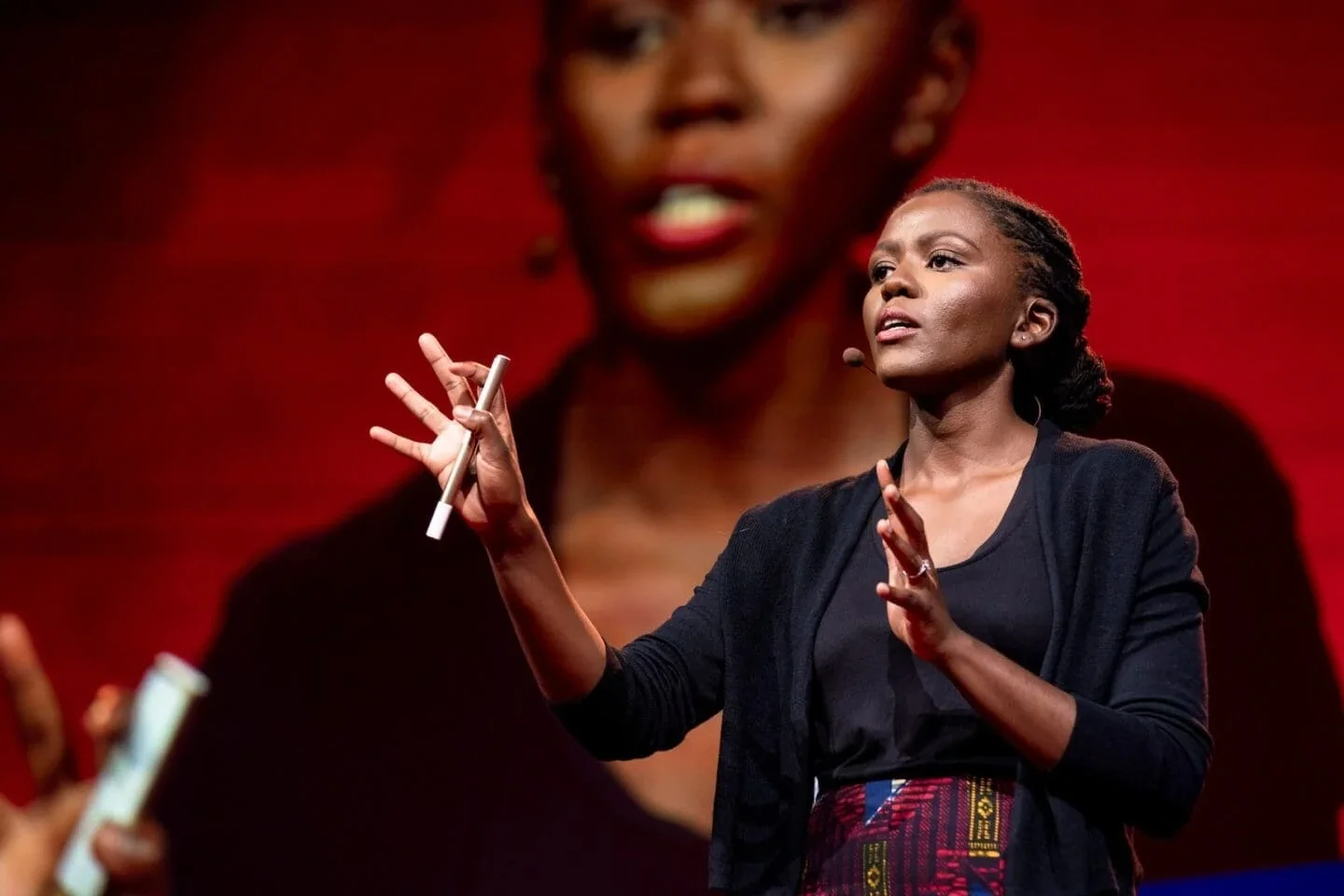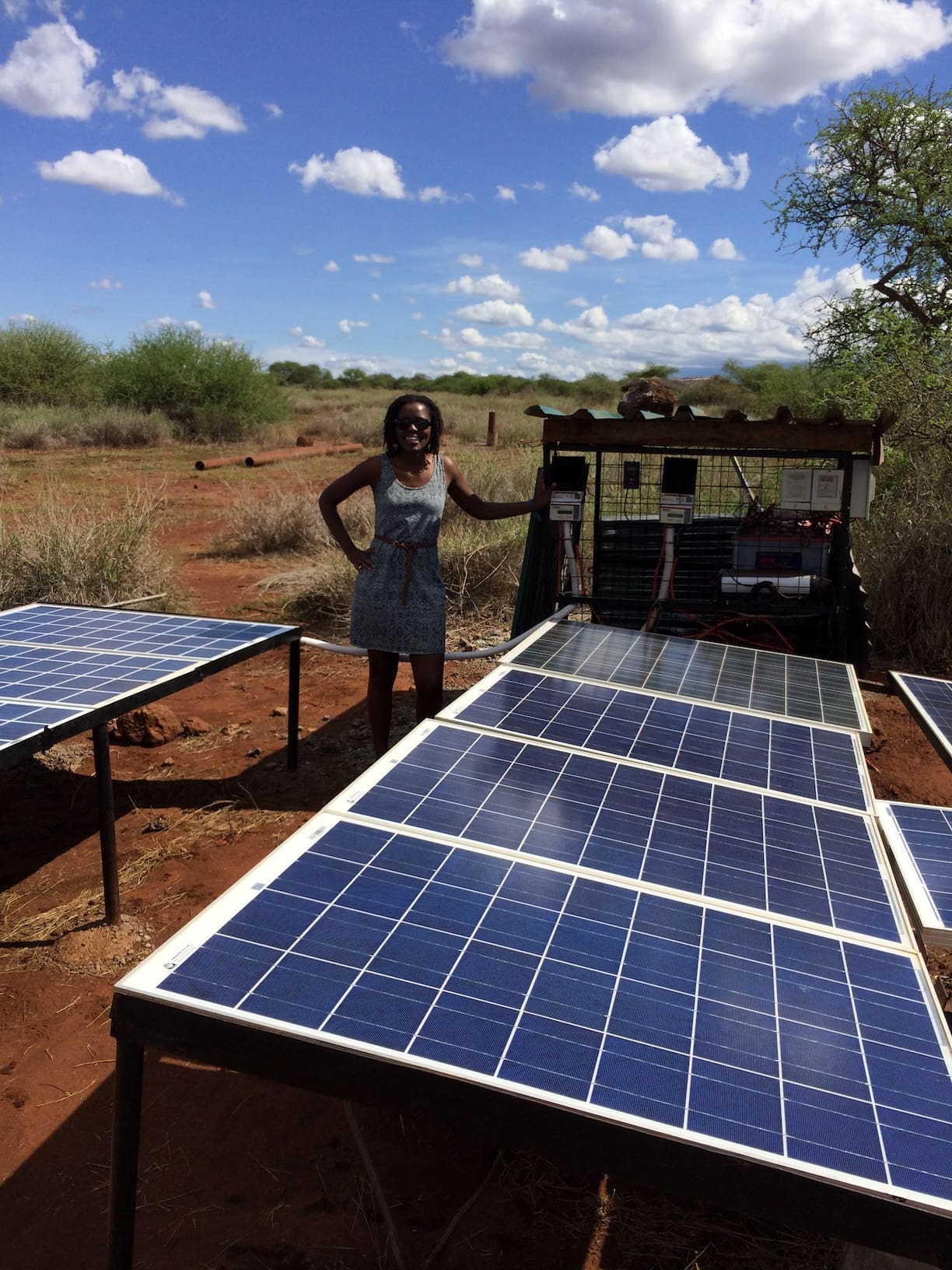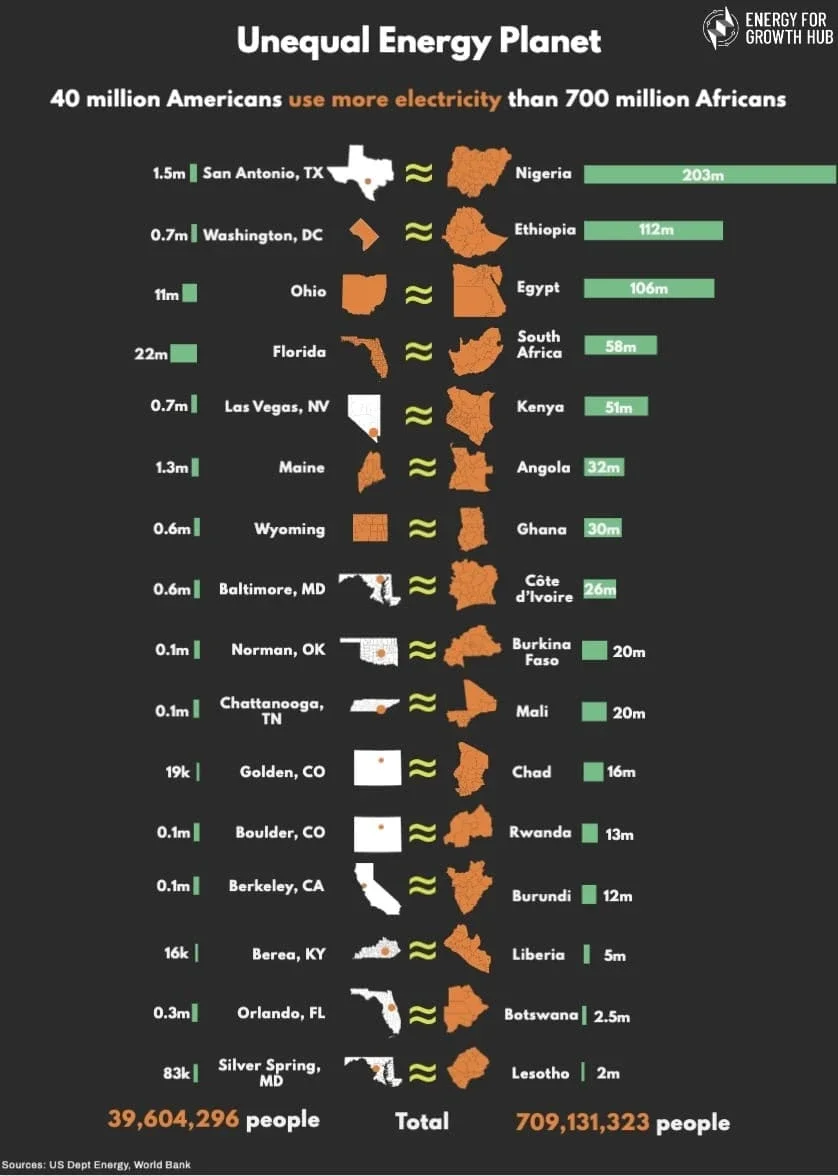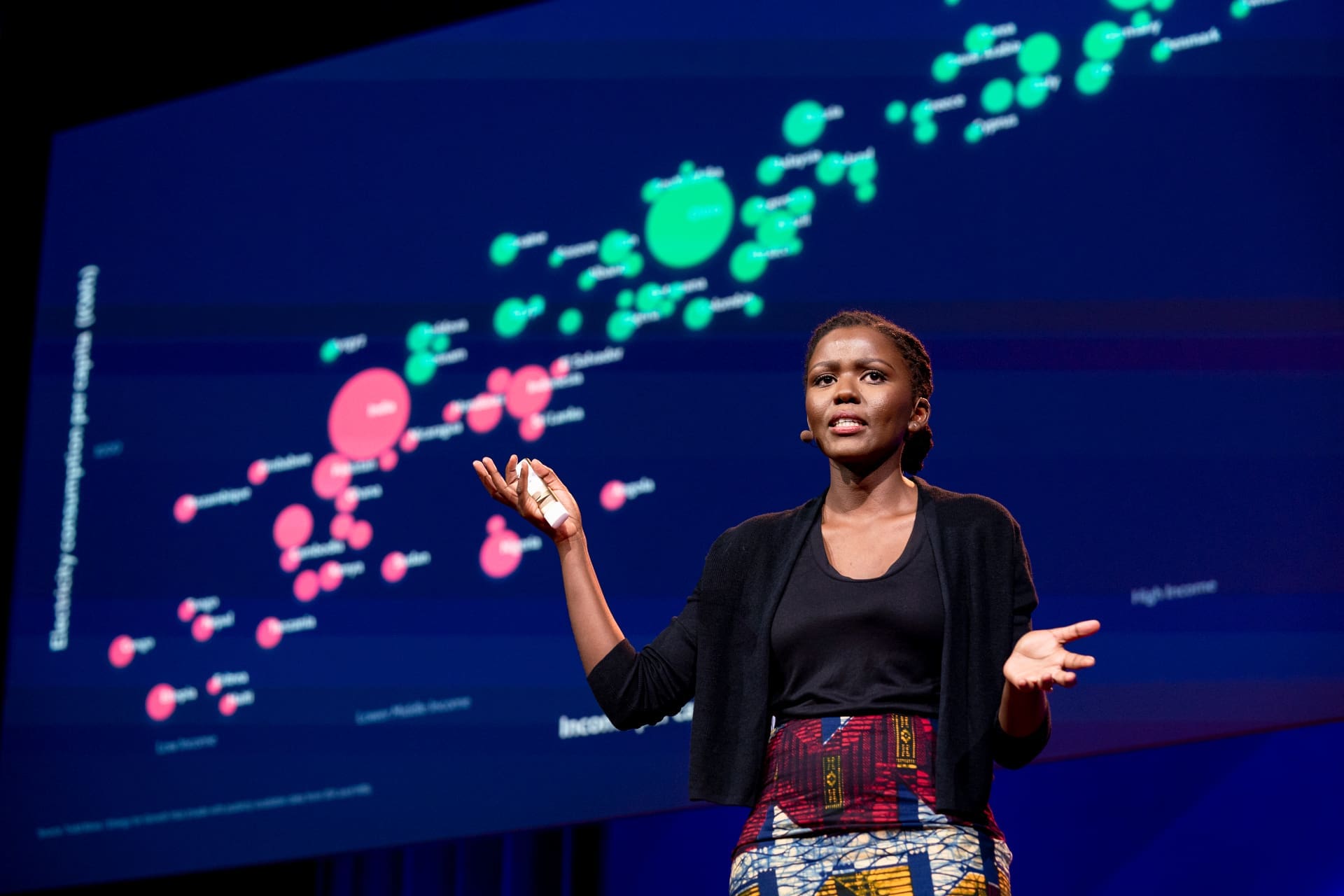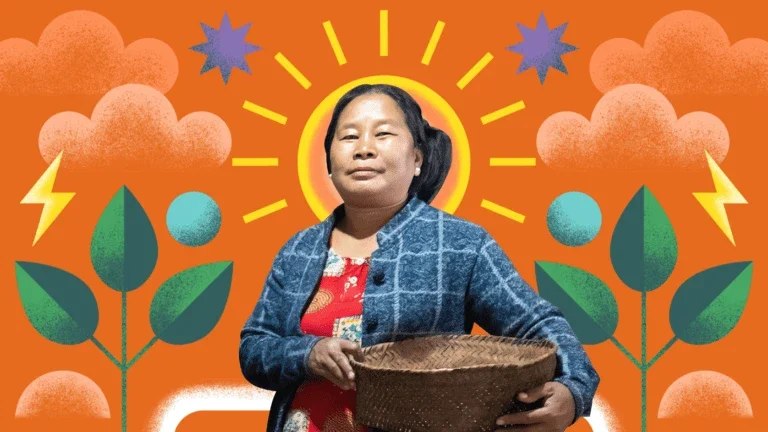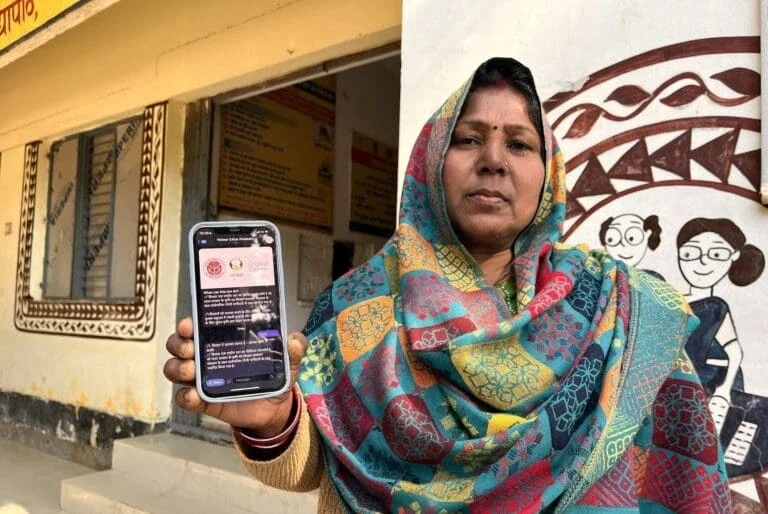They started by convening a monthly working group to explore what “net zero” – or the target of balancing greenhouse gas emissions with carbon absorption – meant for Africa.
“We focused on this idea of how a net zero target is set. There has to be hardcore analysis and modeling, a strong technical underpinning,” Mutiso said. “This technical work also has to be done in lockstep with policymakers and other local stakeholders, who should inform the underlying assumptions and questions explored via modeling and other technical work.
The group has so far produced two reports on this topic, together with commentaries published in the journals Nature and Science. One key learning: most African countries lack the human and institutional capacities necessary to produce robust and locally relevant energy-systems data, analysis, and transition planning – or to feed that analysis into actual policy decisions and processes. That led to the idea of the fund to support this ecosystem in Africa.
In low-resource countries, “big modeling and target-setting exercises centered on climate mitigation won’t have a big impact. Economic development and climate adaptation are the most important things, and our analyses should reflect this” Mutiso said. “To take local context into account, we want to support the building of more local independent expertise for research, data collection, and modeling.”
“How can countries pursue low-emissions energy transitions that enhance broader development goals, and on what timeline? What technologies and policies should be prioritized, and what data gaps must be filled? African researchers should be answering these questions.”
She also wants to continue to support women in these fields.
“In the energy sector, the analytics, infrastructure, and financial aspects are male-dominated. It can’t be that all of the smart people with good ideas are men. We need to invest more to bring women to the table, both because we need to put all the best brains at our disposal, and because how we design our energy future will have a significant bearing on women’s lived experiences.”
